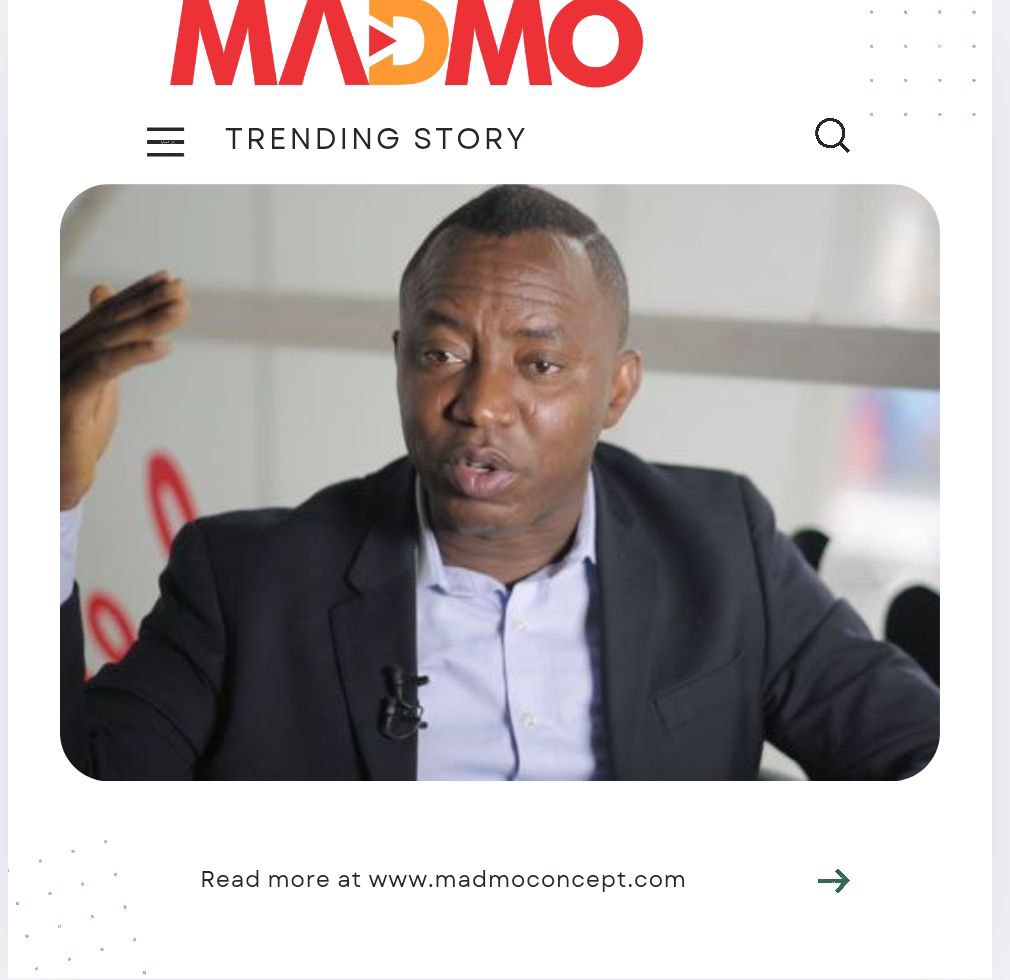
Prominent Nigerian human rights lawyer and activist, Dele Farotimi, is currently facing legal proceedings in Ekiti State over allegations of criminal defamation and cyberbullying. The charges reportedly stem from his book, Nigeria and Its Criminal Justice System, which offers a critical examination of systemic issues within the country’s legal framework.
The case began following a petition by Senior Advocate of Nigeria (SAN) Afe Babalola, who alleged that certain sections of the book contained defamatory statements about individuals and institutions in Nigeria’s justice system.
However, the charges have sparked debate, as criminal defamation laws have been decriminalized in Ekiti State under the Criminal Law of Ekiti State 2021. The law no longer includes provisions for criminal libel or defamation, raising questions about the legal basis for prosecuting Farotimi in the state.
The situation has also highlighted broader inconsistencies in Nigeria’s legal framework. While criminal defamation has been repealed in some regions, including Ekiti State, it remains enforceable in parts of Northern Nigeria, where cultural and religious norms heavily influence the legal system.
Critics argue that prosecuting Farotimi under these circumstances could constitute an abuse of legal processes and an infringement on his constitutional right to free speech. Legal analysts and rights advocates have pointed out that the case underscores ongoing tensions between freedom of expression and defamation laws in Nigeria.
This development has reignited calls for a consistent legal framework that balances individual rights with protections against defamation, ensuring that legal actions are not used as tools for oppression.
Farotimi’s case continues to attract national attention as legal experts, civil society organizations, and the public debate its implications for free speech and justice in Nigeria.




